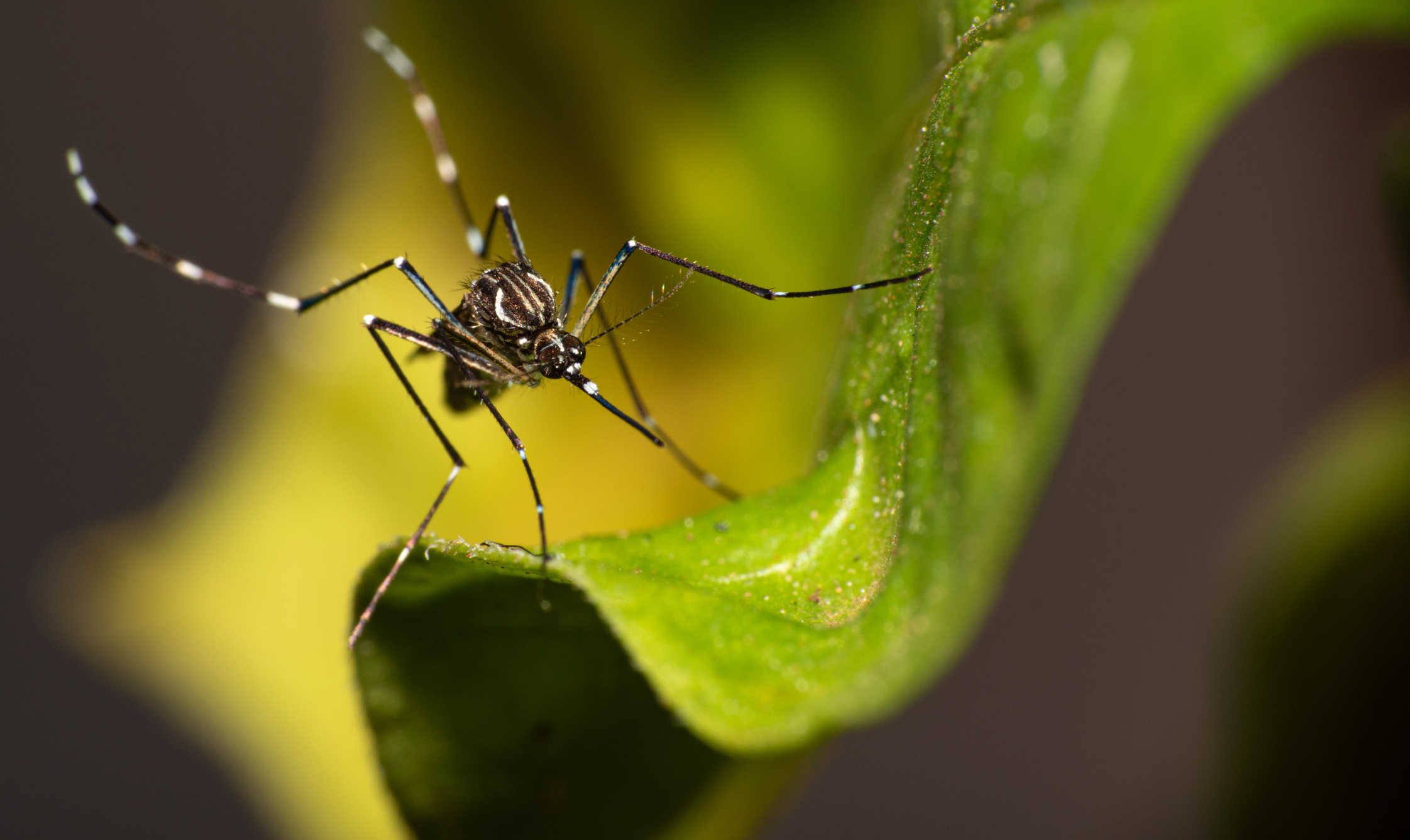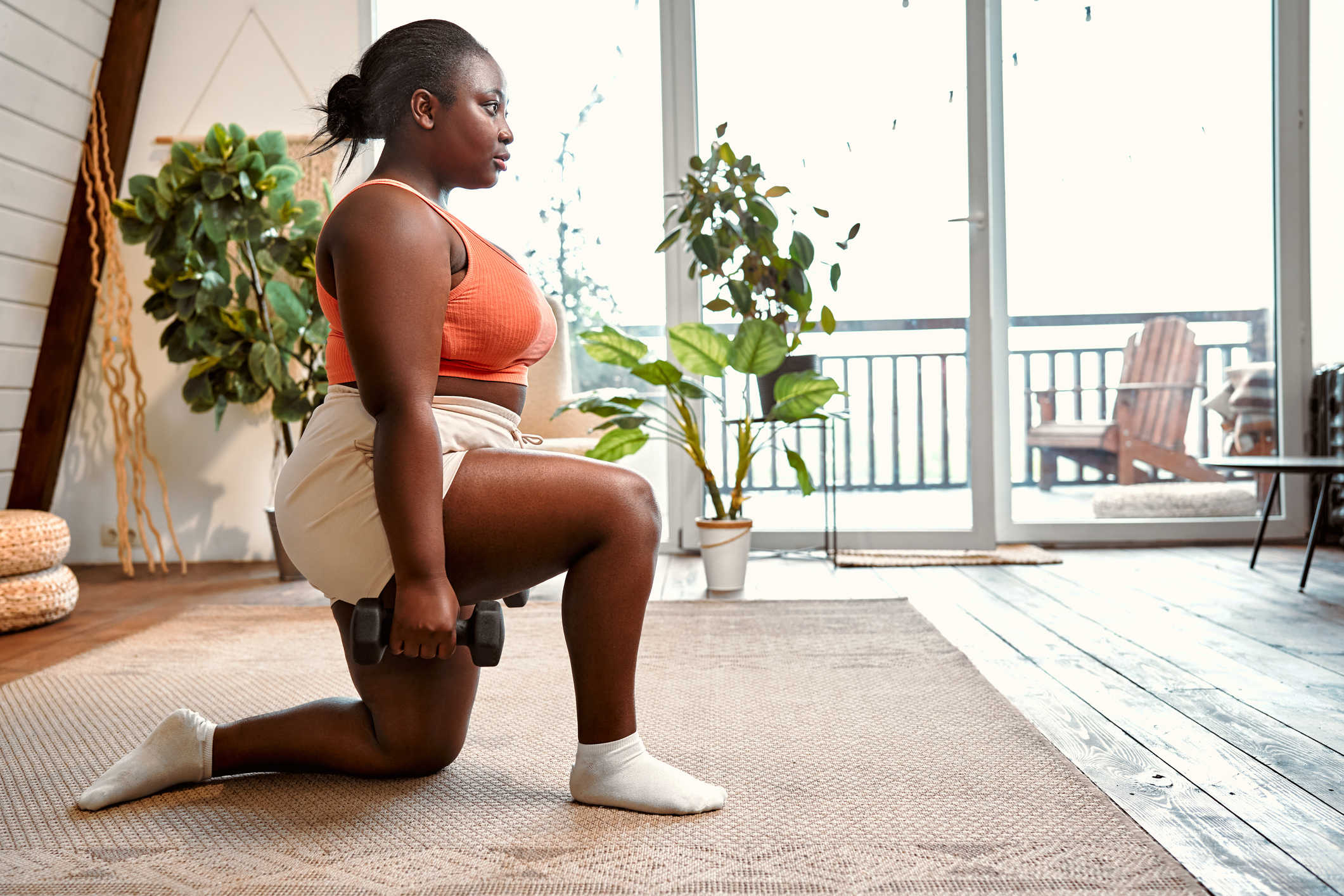Health
Legislation to Enhance Behavioral Health Services Temporarily Paused in Committee

A transformative piece of legislation aimed at amending the Virgin Islands Code to enhance access to behavioral health services has been temporarily paused in committee. The initiative, introduced by Senator Diane Capehart, seeks to inaugurate a Psychiatric Emergency Response Team for mobile crisis intervention and to establish the formal operation of the 9-8-8 telecommunication system for behavioral health crises.
Bill 35-0224, if enacted, would pave the way for a comprehensive community intervention team tasked with providing emergency assessments and referrals for individuals experiencing behavioral health crises. Senator Capehart’s vision includes the training of peace officers and the allocation of resources to the Bureau of Corrections for the training of correction officers and the provision of specific services. The bill also highlights the importance of training for nursing staff who manage patients during mental health episodes. A pivotal element of the bill is the creation of a 9-8-8 trust fund to ensure the financial sustainability of this critical service.
The V.I. Fire and Emergency Management Service has emerged as a vocal advocate for the bill, with Assistant Director of EMS, Lisle Evelyn, lauding it as a vital step toward addressing the mental health needs of the community. The proposed psychiatric emergency response team is seen as a model of best practice within emergency medical services, with the potential to foster a more empathetic and knowledgeable response to mental health crises.
Health Commissioner Justa Encarnacion expressed her endorsement of the bill, particularly for its role in formalizing the National 9-8-8 suicide and crisis lifeline. She views the hotline as an essential resource that offers hope and timely intervention, potentially reducing the strain on emergency services by preventing the escalation of behavioral health crises. Encarnacion emphasized the need for consistent funding for the hotline, revealing plans to seek $1.1 million annually from the general fund to support crisis intervention efforts.
However, the discussion around the bill has revealed broader concerns within the legislative body about the territory’s commitment to addressing behavioral health issues. Senator Novelle Francis and Committee Chair Ray Fonseca voiced frustrations over the territory’s perceived inaction and insufficient resource allocation in the behavioral health sector. Similarly, Senator Milton Potter raised questions about the Department of Health’s capacity to implement the bill, while Senator Donna Frett-Gregory sought clarity on the strategic plan and funding source for the 9-8-8 trust fund.
Amid these discussions, the Department of Health has indicated plans to collaborate with the Office of Management and Budget to identify potential budget adjustments to fund the 24/7 hotline, which would be staffed by qualified therapists.
Despite the momentum behind Bill 35-0224 and the broad support it has garnered, Senator Capehart decided to hold the bill in committee due to pending amendments and an unforeseen adjournment caused by inclement weather in St. Croix. This pause is seen as a strategic step to ensure the legislation is fully prepared for future consideration, reflecting a commitment to thorough deliberation and the well-being of the Virgin Islands community.
Health
USVI Wellness Fair to Offer Comprehensive Free Health Services

The 2024 USVI Wellness Fair is set to bring a plethora of free dental, optometry, and medical screenings to the territory next month. Nearly 300 healthcare professionals and support staff will participate in this extensive health initiative. The announcement was made during Monday’s Government House press briefing by territorial epidemiologist Dr. Tai Hunte-Cesar.
A collaboration among the Department of Health, the Office of the Governor, and the Department of Defense’s Innovative Readiness Training (IRT) Program, the initiative aims to provide essential health services at no cost to residents. Dr. Hunte-Cesar highlighted that this is the second such mission to the territory, recalling a successful deployment last August where a 20-person medical team conducted nearly 800 pediatric procedures.
From June 1 through June 9, residents can access a wide range of services. Dental care will include exams, cleanings, fillings, and extractions. Optometry services will cover both routine and emergency eye exams, retinal evaluations, school vision screenings, and the provision of prescription eyeglasses. Additionally, the fair will offer screenings for blood pressure, glucose, and cholesterol levels, mental wellness assessments, and pediatric services such as physicals and vaccinations.
Air Force Major Miu Zhang, who is in charge of this year’s mission, explained the dual benefits of the initiative. Launched in 1992, the IRT program not only provides critical training opportunities for military personnel but also delivers vital services to American communities. Major Zhang referred to the effort as a “win-win” situation.
The services will be offered on a first-come, first-serve basis, with special consideration given to the elderly and individuals with disabilities through dedicated early morning slots. Although not mandatory, pre-registration is highly recommended and will be available starting May 20 via an online portal.
Adult services will be conducted at the Ivanna Eudora Kean High School gymnasium on St. Thomas and the Educational Complex school gymnasium on St. Croix. Pediatric care will be hosted at the Department of Health’s maternal and child health clinics.
Operating hours are scheduled from 8:00 a.m. to 5:00 p.m. on weekdays, 8:00 a.m. to 12:00 p.m. on Saturdays, and 10:00 a.m. to 2:00 p.m. on Sundays. The fair will conclude on Sunday, June 9, with a special session from 9 a.m. to noon dedicated to connecting individuals with further care and services available within the territory.
Health
Virgin Islands Health Department Alerts Public to Dengue Fever Amid Regional Outbreak

Amid concerns over a dengue fever outbreak in Puerto Rico, the Virgin Islands Department of Health is urging residents to be vigilant in recognizing and responding to the symptoms of this mosquito-borne disease. The call to action follows the confirmation of three cases of dengue fever within the territory, sparking fears of a potential increase in cases.
Health Commissioner Justa Encarnacion emphasized the critical need for public education on the similarities and differences between the symptoms of dengue fever and COVID-19. With both diseases presenting similar early symptoms, Encarnacion underscored the importance of early detection and appropriate medical consultation.
“Dengue and COVID-19 share early signs, but understanding and distinguishing the unique symptoms of dengue is crucial for timely and effective treatment,” Encarnacion stated. She outlined the typical symptoms of dengue fever as fever, nausea, vomiting, rash, and pains in the eye, muscles, joints, or bones. These symptoms generally last from two to seven days, with most people recovering within a week.
The Health Commissioner provided guidance on managing dengue symptoms, advising against the use of aspirin or ibuprofen and recommending acetaminophen instead. She stressed the importance of seeking medical advice and undergoing a blood test if symptoms appear.
The Aedes aegypti mosquito, which is most active at dawn and dusk, is identified as the primary carrier of the dengue virus. In light of the outbreak, residents are advised to eliminate standing water around their homes and use EPA-approved repellents to prevent mosquito bites and breeding.
The Center for Disease Control (CDC) has warned that severe dengue can develop in about 5% of cases, posing a higher risk to infants, pregnant women, and individuals who have previously contracted dengue. Symptoms of severe dengue, including abdominal pain, persistent vomiting, and bleeding from the nose or gums, require immediate medical attention.
This advisory comes as Puerto Rico declares a state of emergency following a record 549 cases of dengue reported this year. The Virgin Islands Department of Health remains proactive in its efforts to prevent a similar surge in cases, advocating for community awareness and adherence to prevention measures.
Health
The Complex Challenge of Diabetes Management in the USVI: Insights from Health Professionals

In the US Virgin Islands, the battle against diabetes presents unique challenges, underscored by the local response to treatment options like Semaglutide, known commercially as Wegovy and Ozempic. These medications, which are increasingly popular for their weight loss side effects, have not seen widespread adoption in the territory, according to healthcare professionals.
Semaglutide, a weekly injectable medication for type 2 diabetes, enhances insulin production and lowers blood sugar. It’s also taken orally by prediabetic individuals to delay the onset of diabetes. Despite its benefits and growing fame—bolstered by celebrity endorsements like Oprah, who referred to it as a “maintenance tool”—the drug’s reception in the USVI has been lukewarm.
During a recent legislative discussion on diabetes management, Senator Marise James questioned the extent of Semaglutide’s use in the territory. Carlos Castillo, a nurse practitioner at the V.I. Diabetes Center of Excellence, revealed a surprising trend: many Virgin Islanders resist the weight loss that accompanies the medication. Castillo shared that while Semaglutide could lead to a 4-6% reduction in body weight, many locals prefer not to use it for fear of losing weight.
Another significant hurdle is the medication’s cost. Without insurance coverage, the price can soar to $1,200 monthly, making it inaccessible for some. This issue of affordability, alongside cultural attitudes towards weight and medication, contributes to the drug’s limited use.
The phenomenon of preferring natural remedies over prescribed medication and the reluctance to lose weight reflect broader cultural attitudes towards health, as noted by Julia Sheen, the executive director of the Virgin Islands Diabetes Center of Excellence. Sheen stressed, however, that not all Virgin Islanders share this sentiment. The Center’s efforts in education, outreach, and diabetes management classes aim to promote healthier lifestyles and understanding of the link between weight control and diabetes management.
Despite the challenges, the commitment of the Virgin Islands Diabetes Center of Excellence to combat diabetes through comprehensive education and support programs remains unwavering. Their work illustrates the importance of tailored health interventions that respect cultural values while striving to improve outcomes for those living with diabetes in the territory.
-

 Education9 months ago
Education9 months agoCTE Board Enthusiastic About New Curriculum Standards, Yet Anxious Over Apprenticeship Support
-

 Development3 weeks ago
Development3 weeks agoCosts Surge as Donoe Estates Housing Project Resumes with New Contractor
-

 Crime9 months ago
Crime9 months agoRegistered Sex Offender Detained for Illegal Firearm Possession During Annual Surveillance Drive
-

 Crime7 months ago
Crime7 months agoSt. John’s Westin Resort Scene of Armed Robbery, Prompting Heightened Police Vigilance
-

 Crime9 months ago
Crime9 months agoUnraveling the Home Invasion in St. John: Suspect Held on $100,000 Bail
-

 Crime9 months ago
Crime9 months agoU.S. Virgin Islands Alert: Megan Smith Goes Missing; Authorities Request Community Aid
-

 Videos2 years ago
Videos2 years ago2022 Gubernatorial Election: Voters Speak Out
-

 Videos2 years ago
Videos2 years agoGubernatorial Teams Celebrate St. Croix’s Bull & Bread Day





